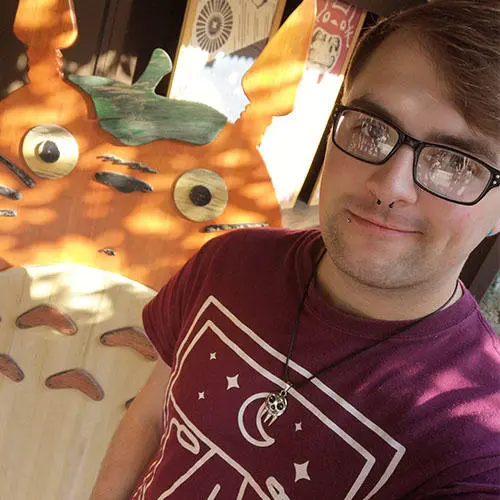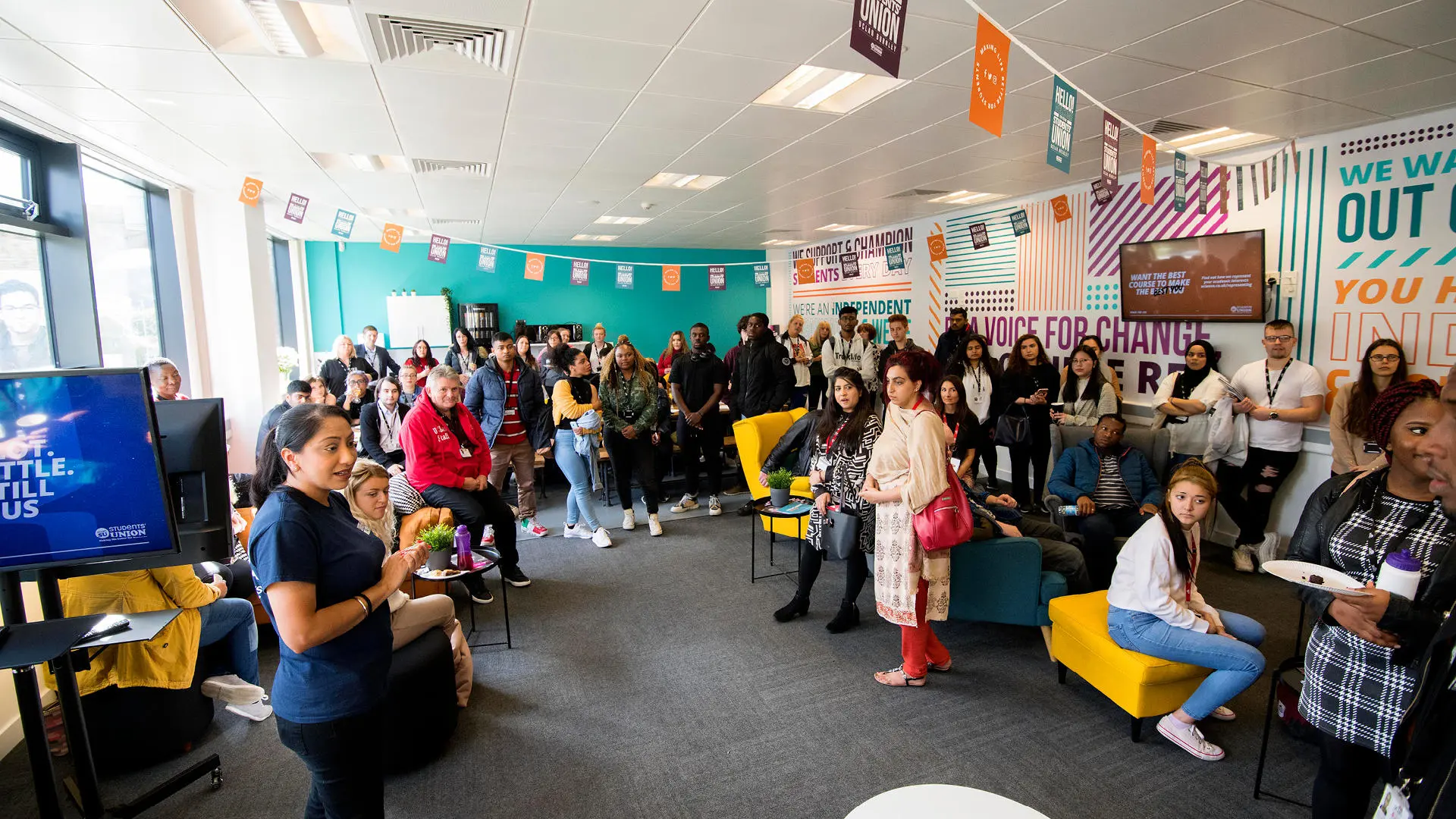“On Applicant Day, it was the passion and enthusiasm of course leader Nicola Halenko, that convinced me further that TESOL was for me. I applied to do The Flying Start Programme with Japanese. Over four years I’m combining going to university with paid work experience, to fast-track my career.

“I’ve always liked teaching things to my friends, so I was interested in the University’s BA (HONS) TESOL course.
"My placement in Japan was at Ryūkoku University in Kyoto where classes were challenging and engaging so even when I was stressed, I knew I was learning.
"My teachers were amazing, and I managed my time well to produce assignments and course work to quite a high standard. Using my language skills also benefitted my academic writing."
"My Japanese studies focused on different skills each day, from sentence expression to academic Japanese and from oral expression to optional classes such as Kanji. I also took liberal arts classes as I wanted to get as much out of this year abroad as I could.
"And I worked as an English Adviser on placement, to meet more people and to make more friends. It was a fun and gave me some more teaching experience whilst learning Japanese.
"I got to know Kyoto, a former capital, full of history and culture, visiting shrines and temples and taking lots of photos. I went to an event at a farming village, toured a Washi factory and elementary schools. It was lovely to experience a school day in action, including brushing our teeth with the children after lunch, and to understand how they’re run. Learning the language has also opened up a whole other world of literature and film.
"If you’re studying TESOL, my advice is to give your friends a trial lesson, it’ll help tell you if something needs changing. Also, practice the phonetic script you’re given in your first year. It really helps with language awareness tests. And don’t doubt your ability to master Japanese. Find something you love about the language, be it grammar, vocabulary, syntax, kanji, pronunciation to motivate your learning. If you’re a beginner, try and learn Hiragana and Katakana before coming, it’ll help when you do it in class.
"I’ve met some amazing friends on my University journey, including the ones I’ve made abroad. And when I see my students understand something new for the first time, I’m reminded of why I enjoy doing it.
"As for what next, I hope to be accepted on the Japan Exchange and Teaching programme and be back teaching in Japan for a year.”

